The food we eat not only affects our weight and general health, but it also impacts our brain.
While we can wish that there was one pill that stops cognitive decline (and age-related neurodegenerative diseases like Alzheimer’s and Parkinson’s) there are plates-full of foods that have been proven to help us avoid the aged mind.
Over all, is essential to follow a balanced diet that includes plenty of fruit, vegetables, legumes, wholegrains and incorporate proteins in plant form or fish in your meals more often. That being said, foods that are rich in omega-3, vitamin B and antioxidants have been shown to vastly improve our brain health.
Here’s a look at the foods that research has shown to be excellent brain food:
OILY FISH
Okay, so not everyone's favourite, but oily fish is an essential brain food. Also called fatty fish, oily fish like salmon, mackerel, herring, and sardines are fish that contain oil in their soft tissues and are rich in omega-3 fatty acids which is what makes them excellent sources of brain food. Our brains use Omega-3 to build brain and nerve cells which are important for learning and memory.
COFFEE
The good stuff! That cup of java that we use to wake up in the AM or contains caffeine, of course, and is filled with antioxidants – both help your brain. Caffeine blocks the production of adenosine which is a messenger that tells your brain it is time to sleep, making you more alert, and it boosts the feel-good neurotransmitters, like serotonin to improve your mood. And, though blueberries and pomegranates are usually praised for their antioxidant content, coffee is actually brimming with the stuff, which repairs your brain from damage caused by free radicals in your cells. Some studies have suggested that drinking a consistent, moderate amount of coffee each day significantly reduces the risk of developing mild cognitive impairment.
DARK CHOCOLATE
Dark chocolate and cocoa powder are rich sources of antioxidants and caffeine (and like with coffee they have their own brain-boosting abilities), but also flavonoids. Flavonoids are antioxidant plant compounds and they tend to gather in the areas of the brain that deal with memory and learning. According to some researchers, evidence suggests that this is why flavonoids enhance memory and slow down mental weakening related to ageing. Plus, chocolate enhances your mood, but the jury is still out on whether that’s because of some compound in it, or just because it is a delicious treat.
BERRIES
Blueberries and other deep-coloured berries have numerous health benefits, including those related to the brain. Berries are fantastic sources of antioxidants, but berries are also able to change the way neurons in our brain communicate with each other and this can prevent inflammation and improve brain function and movement. Further studies though are needed to discover if it is because of a compound unique to berries, or a combination of compounds either way, they’re delicious. Here's our favourite berry smoothie for some inspo.
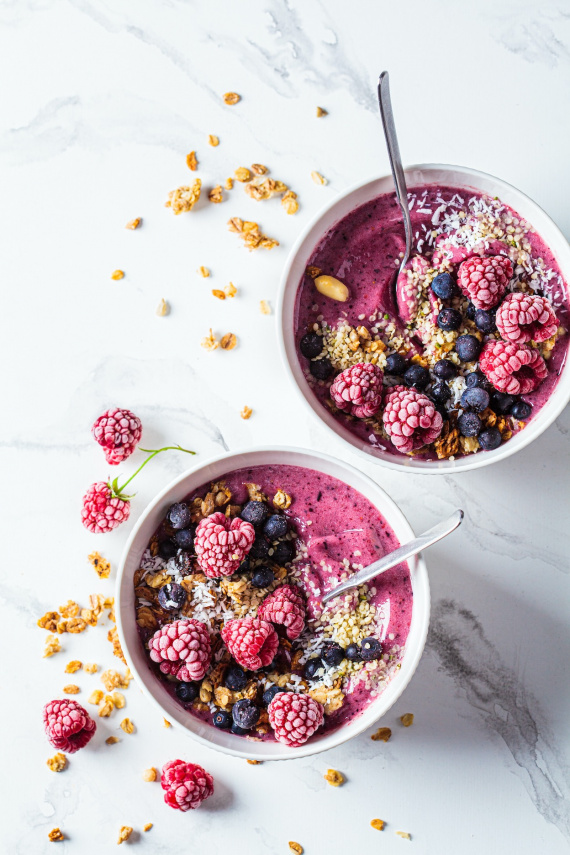
NUTS AND SEEDS
A great source of antioxidants and omega-3 fats, including more nuts and seeds in your diet has incredible benefits for your brain. Studies have linked an increase diet of nuts and seeds to higher brain function in older people and they are rich in vitamin E, which protects our cells oxidative stress caused by free radicals which increases as your age. It has also been suggested that vitamin E can improve cognitive function and could be linked to a reduced risk of Alzheimer’s. Your best sources of vitamin E are sunflower seeds, almonds and hazelnuts.
WHOLEGRAINS
Like the rest of your body, your brain can’t function without energy. It needs glucose so we can concentrate and focus. And what’s a great source of that? Well wholegrains of course. Plus, oats, barley, and quinoa are rich in vitamin B which in turn helps reduce inflammation in the brain and even go as far as preserving memories
AVOCADOS
Like we needed another reason to love avocado? A source of healthy unsaturated fats, they’ve also been shown to support our brains. Consuming monosaturated fats reduces blood pressure, which is good for your heart and reduces cognitive decline.
EGGS
No good breakfast is complete without them, eggs are delightful as brain food too. They’re rich in vitamin B-6, B-12 and folic acid, it’s believed that they reduce shrinkage and cognitive decline. And they’re also valuable sources of choline which your body uses to create acetylcholine – a neurotransmitter that regulates your mood and memory. Because we don’t get a lot of choline in our diets, eggs are vital because the yolk is the most concentrated source of it.
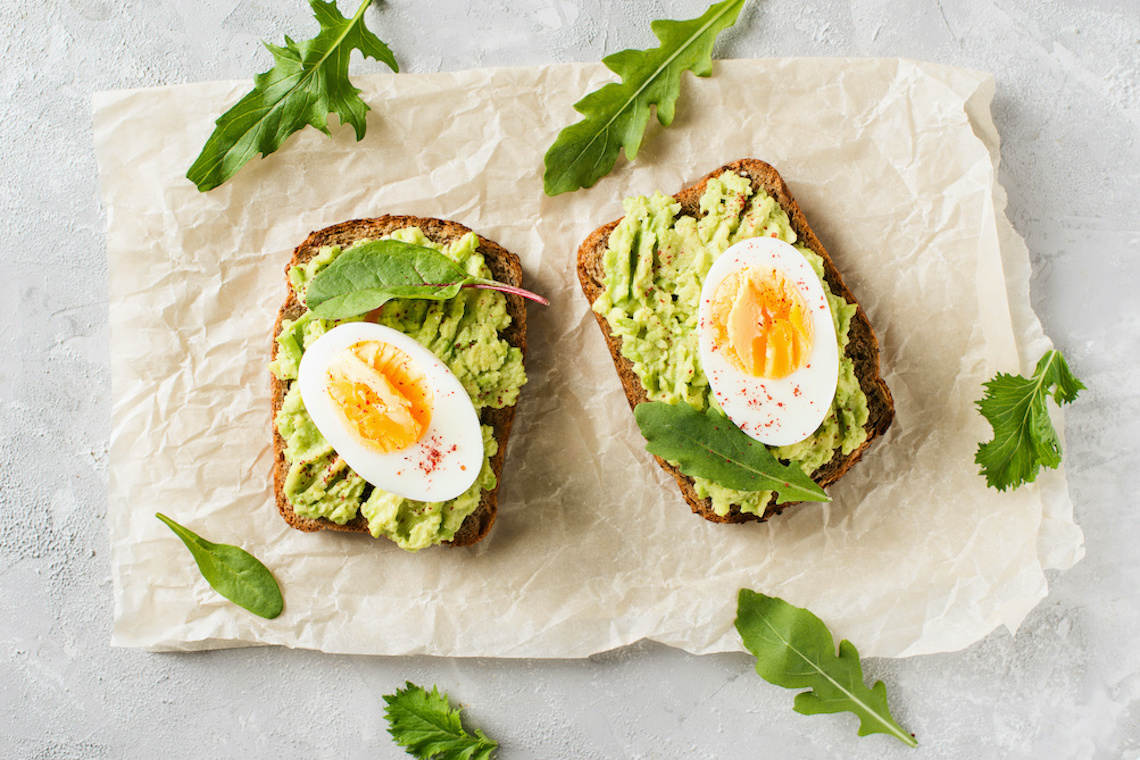
DARK LEAFY GREENS
Kale, spinach, collards, and broccoli aren’t only key for a healthy heart, they’re also necessary for reducing the risk of mental decline. Because they are rich in brain-healthy nutrients like vitamin K, lutein, folate, and beta carotene. Studies have shown that including just one serving of green leafy vegetables per day could slow down age-related cognitive deterioration.
TURMERIC
Not just good in a curry, turmeric has been used for its medicinal purposes for centuries. Though it is most commonly used to treat pain, the primary component of turmeric (and where it gets its yellow colour) is curcumin – and it is also responsible for most of its health benefits. Curcumin can cross the brain barrier which is why it can enter the brain and heal it from there. It’s a potent antioxidant and anti-inflammatory compound with evidence suggesting that it can improve memory in those with Alzheimer’s, boost serotonin and dopamine and ease depression and assist with the growth of new brain cells thereby delaying age-related brain decline.
THERE'S ALWAYS MORE THAT CAN BE DONE
Beyond what we eat, we need to also look at our lifestyle and make decisions that are good for our body like not eating too much (or eating too little), getting enough quality sleep, drinking plenty of water, watching stress levels, exercising (exercise itself has amazing benefits when it some to your brain) and reducing alcohol intake.

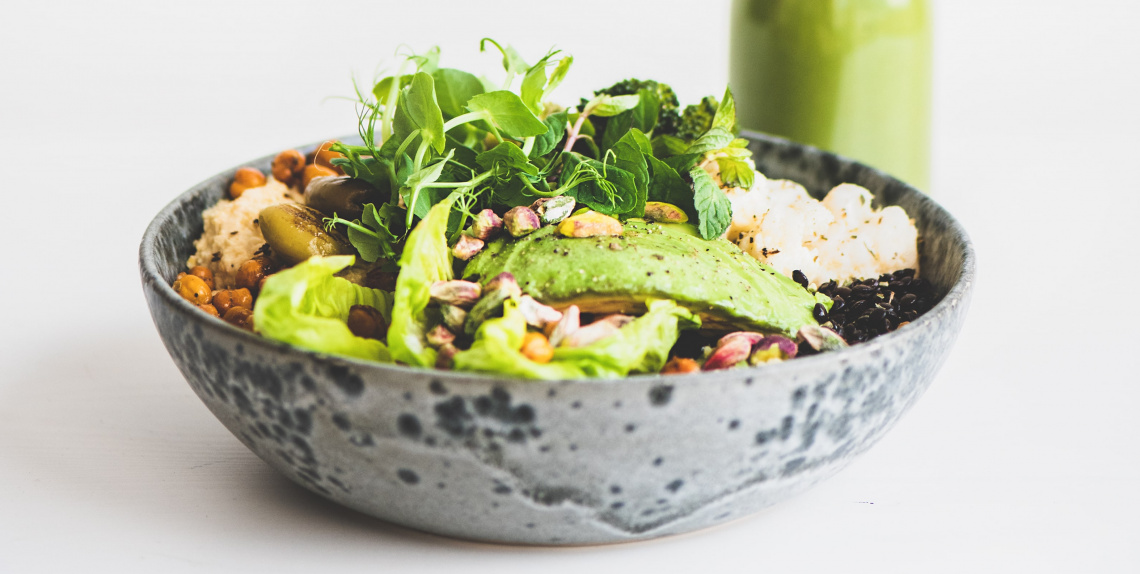
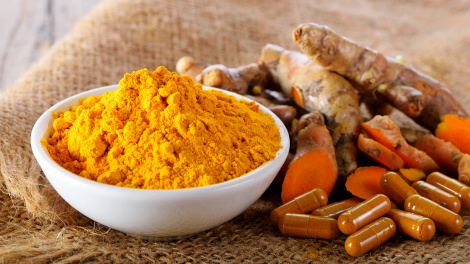

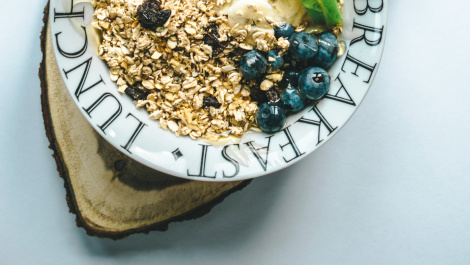

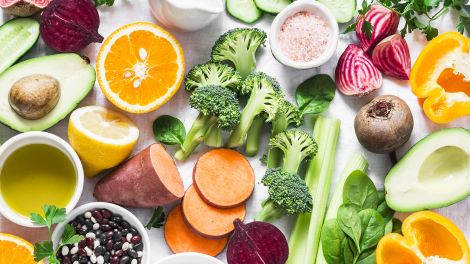
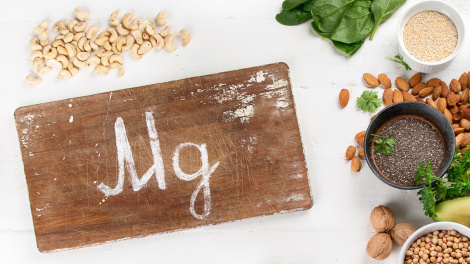
Comments